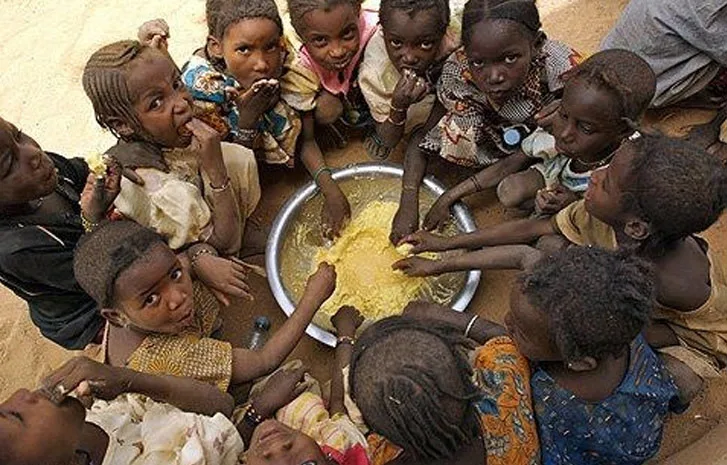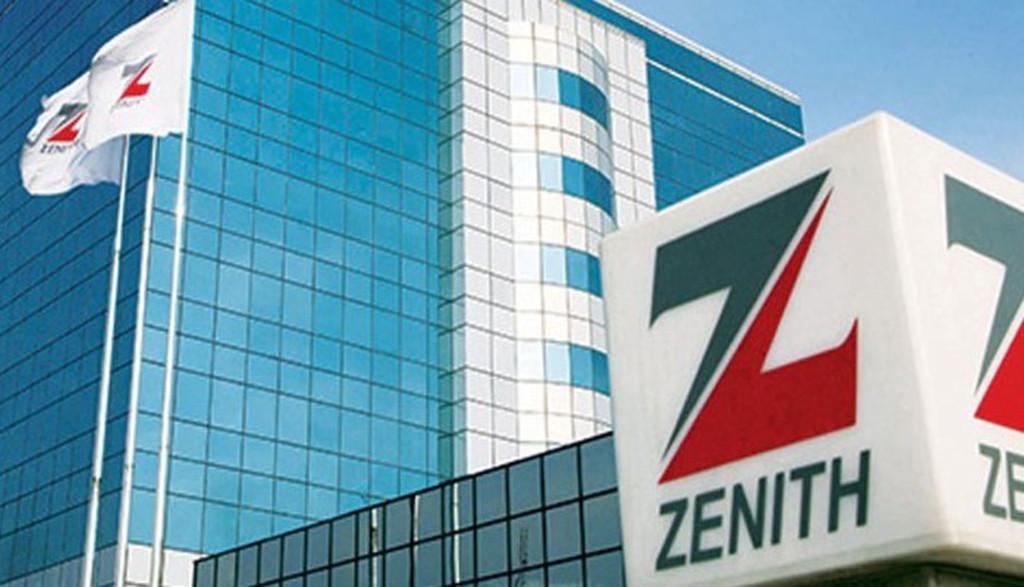Nigeria, a nation rich in natural resources and agricultural potential, faces a paradoxical crisis: food insecurity. Despite its fertile lands and significant agricultural history, millions of Nigerians struggle daily to access affordable and nutritious food.
The Federal Government’s promise to alleviate this crisis through food import waivers has yet to materialise, leaving many to question what went wrong. The situation has become dire, with food inflation soaring to 40% and 25 million citizens facing severe food shortages, according to UNICEF and the FAO. The country’s agricultural sector, once a cornerstone of its economy, is now crippled by a combination of insecurity, climate change, and inadequate infrastructure.
Join our WhatsApp ChannelFarmers in key regions are unable to cultivate their lands due to ongoing conflicts, while unpredictable weather patterns further devastate crop yields. This article delves into the historical and current challenges of Nigeria’s agricultural policies, exploring why the government’s initiatives have failed to deliver on their promises. Through interviews with affected Nigerians and agricultural experts, we aim to uncover the root causes of this crisis and propose sustainable solutions to ensure food security for all.
History of Food Policies and Broken Promises
The food insecurity crisis in Nigeria is not new. Over the years, successive governments have introduced various agricultural policies aimed at boosting local food production and reducing dependence on imports. However, these policies often fall short due to poor implementation, corruption, and infrastructural deficits.
In the past, initiatives such as the Growth Enhancement Support Scheme (GESS) under the Goodluck Jonathan administration showed promise. Dr. Akinwunmi Adesina, then Minister of Agriculture, introduced reforms that provided farmers with direct access to subsidised fertilisers and seeds. However, these gains were not sustained in subsequent administrations.
A Lagos-based trader, Mr. Adewale Bakare, laments, “just last week on the Internet i saw a video of the government promising farmers so much this year, but i heard nothing yet and they are still waiting. They complained that Fertilisers are expensive, and they cannot afford them. Government needs to help these farmers because they need real support, not just promises. So that food challenges in Nigeria can be addressed among us citizens”
Impact of Insecurity and Climate Change
One of the critical challenges is the insecurity plaguing key agricultural regions. States like Borno, Adamawa, and Yobe have been ravaged by insurgency, displacing farmers and leaving vast farmlands uncultivated. As seen on social media, X to be precise a post on a farmer, Adah Ogwuche from Benue State shares his experience, “Every season, we live in fear. Armed herdsmen attack us, and we can’t go to our farms. How can we grow food under such conditions?”
READ ALSO: 14.8 Million Afghans to Face Severe Food Insecurity In 2025, UN Warns
Climate change exacerbates the situation, with unpredictable weather patterns causing droughts and floods. In the northern states, extreme heat leads to drought, while floods wash away fertile farmlands. The combined effect has devastated local food production.
Current Status and Unfulfilled Promises
Despite the critical state of food insecurity, the promised food import waivers have not materialised. Instead, food prices continue to soar, making basic staples unaffordable for many Nigerians. The situation is further complicated by the lack of infrastructure. Poor road networks lead to significant post-harvest losses, with crops rotting before they can reach the market.
Dr. Ibrahim Musa, an economist, states, “Without addressing the root causes—security, infrastructure, and climate resilience—no policy will succeed. We need a comprehensive approach, not piecemeal solutions.”
Experts’ Perspectives on the Way Forward
Experts agree that sustainable solutions lie in robust policy implementation and investment in agriculture. Professor Grace Oduah emphasises, “We must make agriculture attractive to the youth. This includes providing access to modern farming techniques and ensuring market access.”
Agricultural extension worker, Tunde Adebayo, highlights the importance of education. “Farmers need training in modern practices, like biotechnology and sustainable farming. This will increase productivity and make farming profitable. Many countries have left us behind. Modern day technologies is one critical solution meet the needs. Aside feeding the nation, those modern approach will attract our Gen-Z generation into seeing agriculture as a big means of livelihood” he explains.
Looking Ahead: Opportunities for Improvement
To combat food insecurity, Nigeria must adopt a multi-faceted approach. They include:
- Security: Ensuring farmers can safely access and cultivate their lands.
- Infrastructure: Investing in roads, storage, and processing facilities to reduce waste.
- Policy Consistency: Implementing and sustaining agricultural policies that support farmers.
- Youth Engagement: Making agriculture appealing to the younger generation through education and incentives.
With these measures, Nigeria can not only address its food insecurity but also become a food-exporting nation. As Mr. Bakare concludes, “We need a government that will walk the talk. Our future depends on it.”
Emmanuel Ochayi is a journalist. He is a graduate of the University of Lagos, School of first choice and the nations pride. Emmanuel is keen on exploring writing angles in different areas, including Business, climate change, politics, Education, and others.


















Follow Us